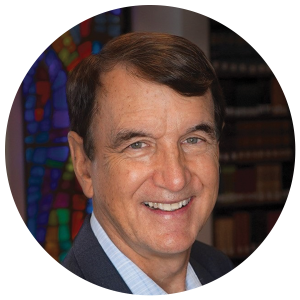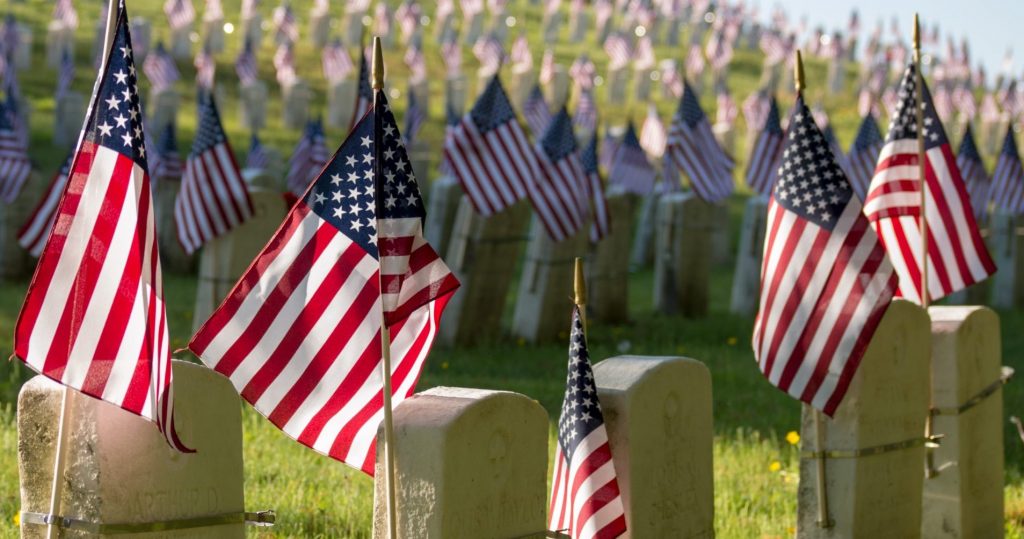
The prayerful Columbus women had no such intention despite having heard about the Union’s cavalier burial treatment of Confederate army fatalities on Northern battlefields. Their equal decoration of the graves of both sides became a catalyst for a national reconciliation movement. The New York Herald editorialized: “The women of Columbus, Mississippi, have shown themselves impartial in their offerings to the memory of the dead … strew[ing] flowers alike on the graves of the Confederate and of the Union soldiers.”
A second claimant for originating Decoration Day took place on Belle Isle located in the James River in Richmond, Virginia—the capital of the Confederacy. On May 30, 1866, women placed bouquets on the graves of Union soldiers who were victims of the Confederate prisoner-of-war camp located there.
Thus, when Americans sacrificed their lives in military service, we should remember that it was not just to defend the United States, but it was also to uphold the natural rights and moral values associated with the nation’s founding that inspire others worldwide.










2 Responses
Great article that both explains the reason for this holiday and goes deeper into the founding ideals that were based on biblical values.
Thanks Scott,